Stichting STC-The Netherlands
Netherlands
website
website
In 2014, total employment in the Dutch maritime cluster increased by 8,100 persons (direct plus indirect employment). The Dutch maritime cluster includes the following sectors: ports, offshore, maritime suppliers, ship building, ship operating, dredging, maritime services and knowledge institutes, inland shipping, Royal Navy, water sports/yacht building and fisheries. In 2014, there were no significant bottlenecks regarding the supply of qualified staff, especially due to the situation in the offshore market. If the economy recovers, most companies expect problems with obtaining qualified staff. In line with the trend in recent years, this demand consists almost fully of highly qualified technical employees. In addition, most sectors face a relative large proportion of elderly employees.
On the other hand, secondary vocational educational institutes offering education for the Dutch Maritime Cluster have faced an increase of the number of students since 2008. One of the issues that arise from the strong increase of the student population is the shortage of appropriate number of places for an apprenticeship (which forms an obligatory period of the Dutch vocational education system).
Besides the increased number of students within the blue economy, educational institutes on secondary vocational level educating for the Dutch maritime cluster face difficulties in attracting a sufficient number of competent lecturers with working experience in the maritime cluster.
CETBC's will therefore address these issues with two main activities:
Hybrid working: employees in the maritime cluster will be educated and trained to be able to teach at secondary vocational institutes that are linked to the maritime cluster. The concept of hybrid working will lay the foundations for a long term cooperation in order to provide current employees of the maritime cluster with additional skills, provide educational institutes with the most recent knowledge and enable them to educate their students with the skills needed in the labour market. This concept offers the employees in the maritime cluster additional skills and therefore career progression perspectives and tools for labour mobility within the maritime cluster. The concept of hybrid working will in addition ensure a solid cooperation framework between the industry and secondary vocational educational institutes, whereby the most recent developments are integrated directly into the educational curricula;
Develop an apprenticeship desk: in order to be able to tackle the shortage of apprenticeship places, the CETBC project will offer a coordinated approach for the entire maritime cluster and all educational institutes working with the maritime cluster, to provide the students with the mandatory apprenticeship period. In addition, the tool will serve the purpose of a general awareness campaign for youngster concerning maritime careers and maritime education and training.
Timeframe
- Finalised
Geographical coverage
- National/local
Intended Users
- Administrations/Authorities
- Job seekers/Employers
Source of funding
- EU Funds
- Private funding
Country of project partners
- Netherlands

